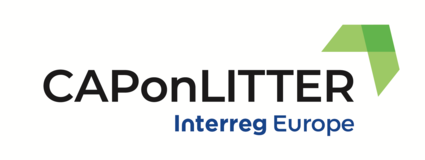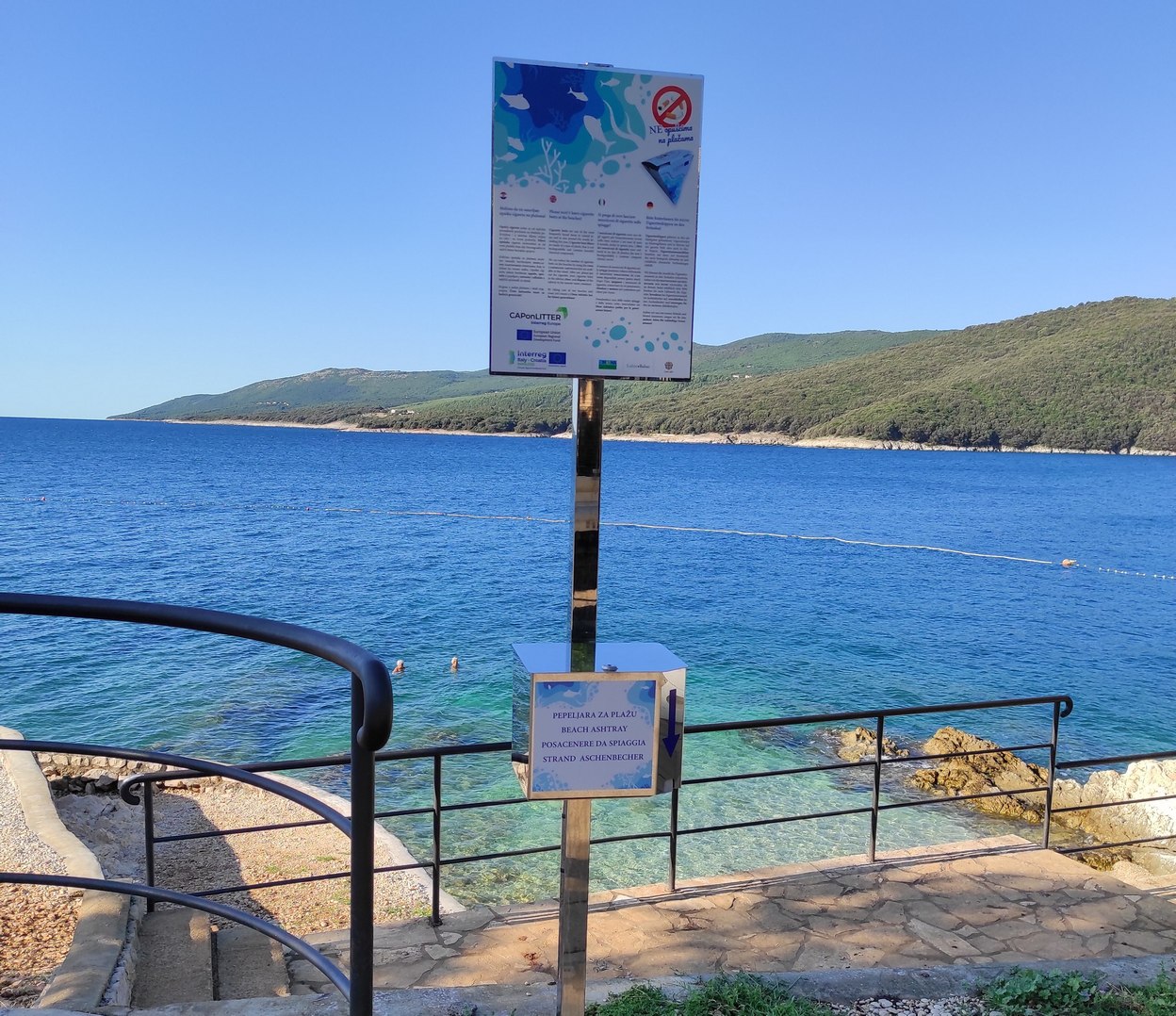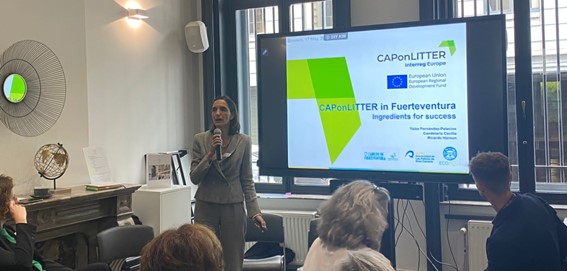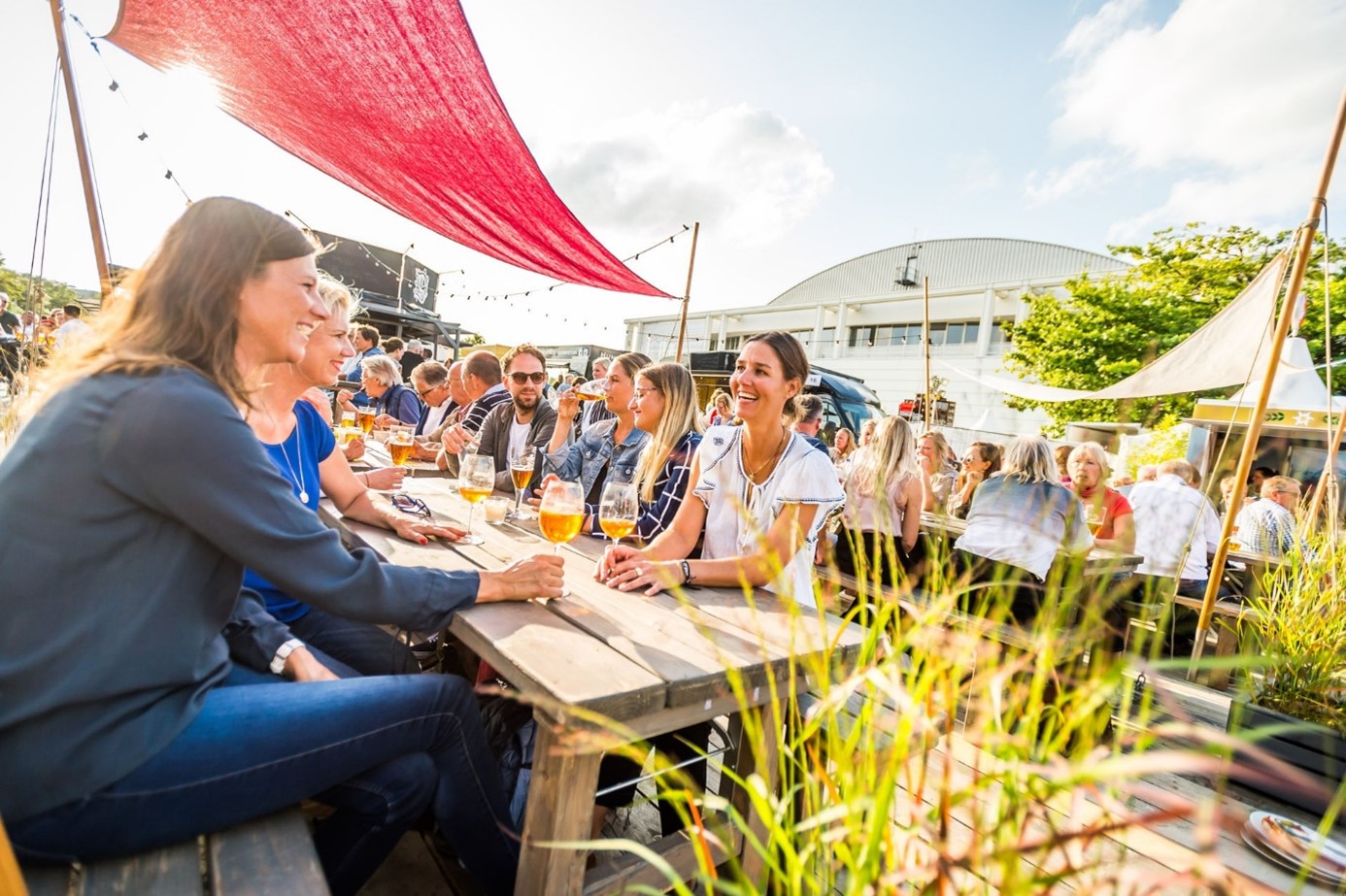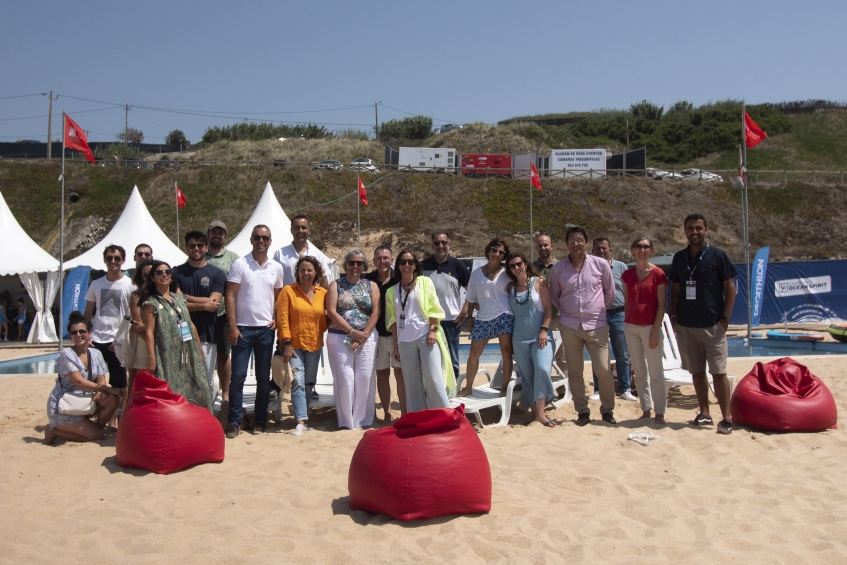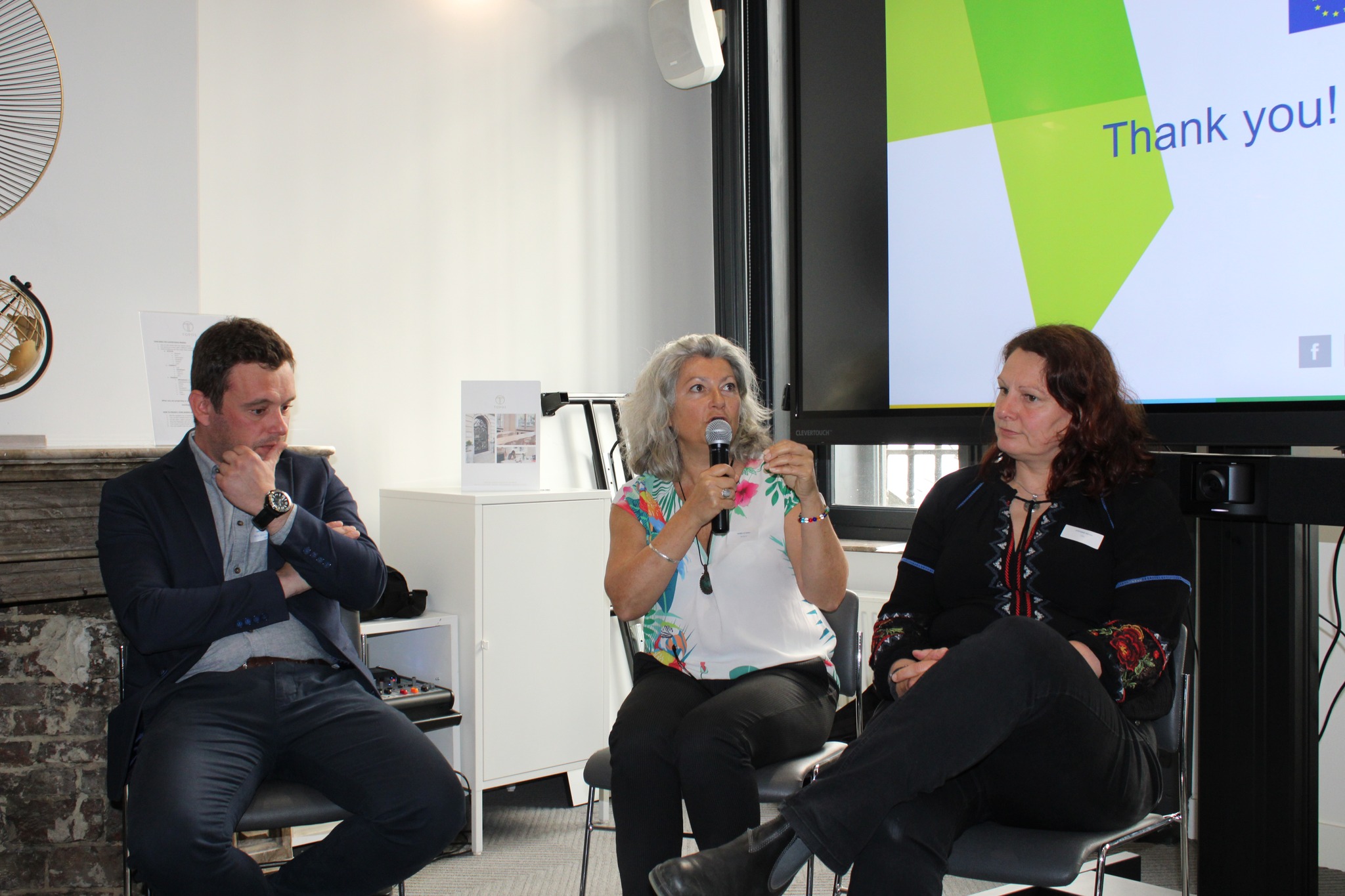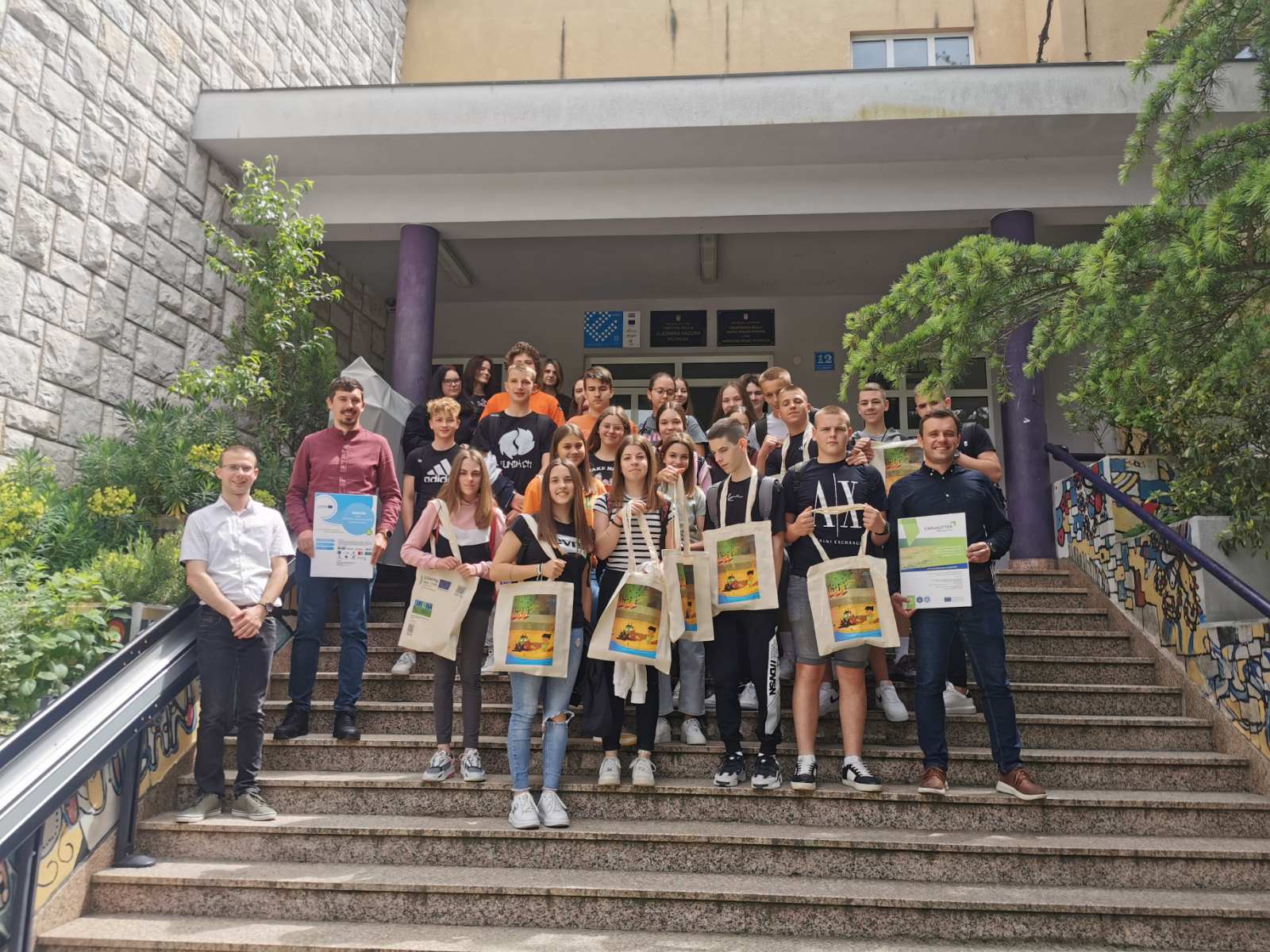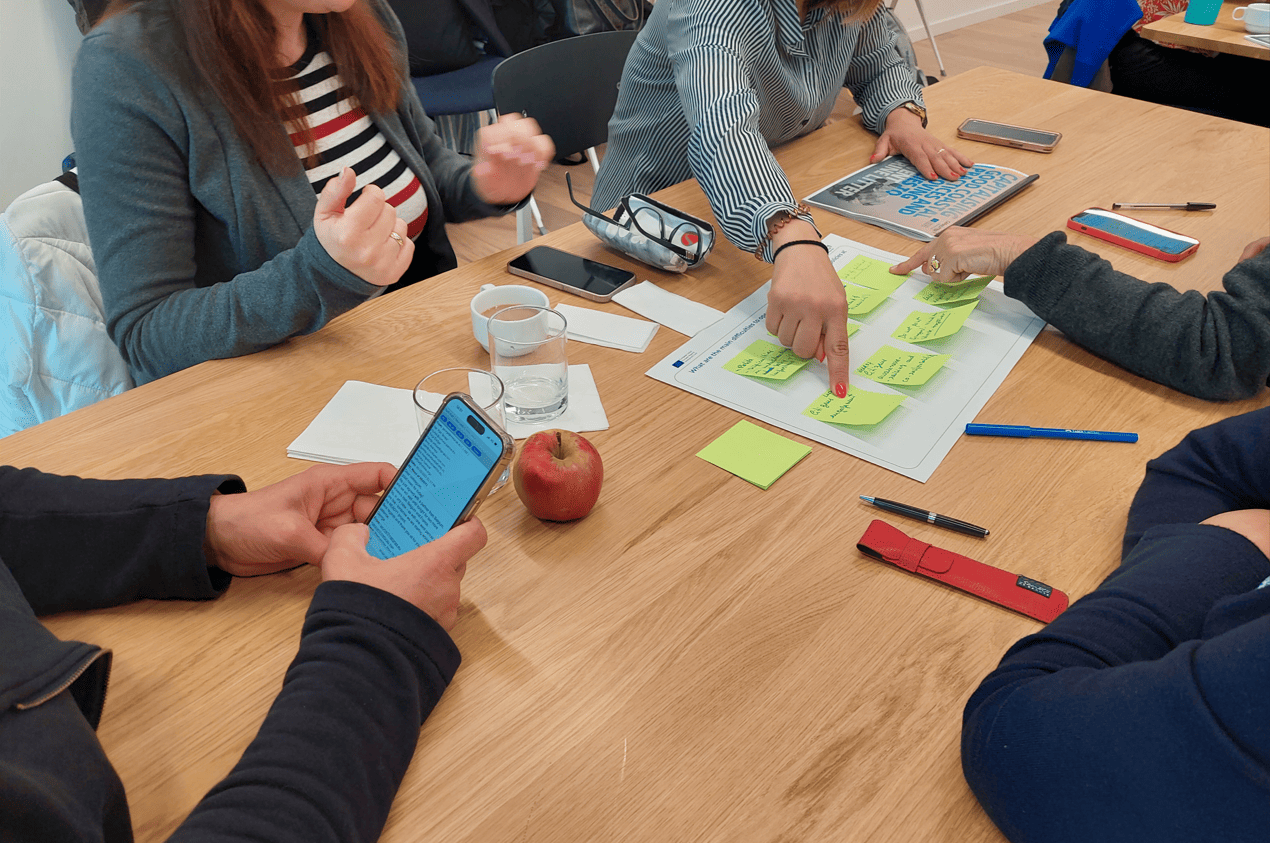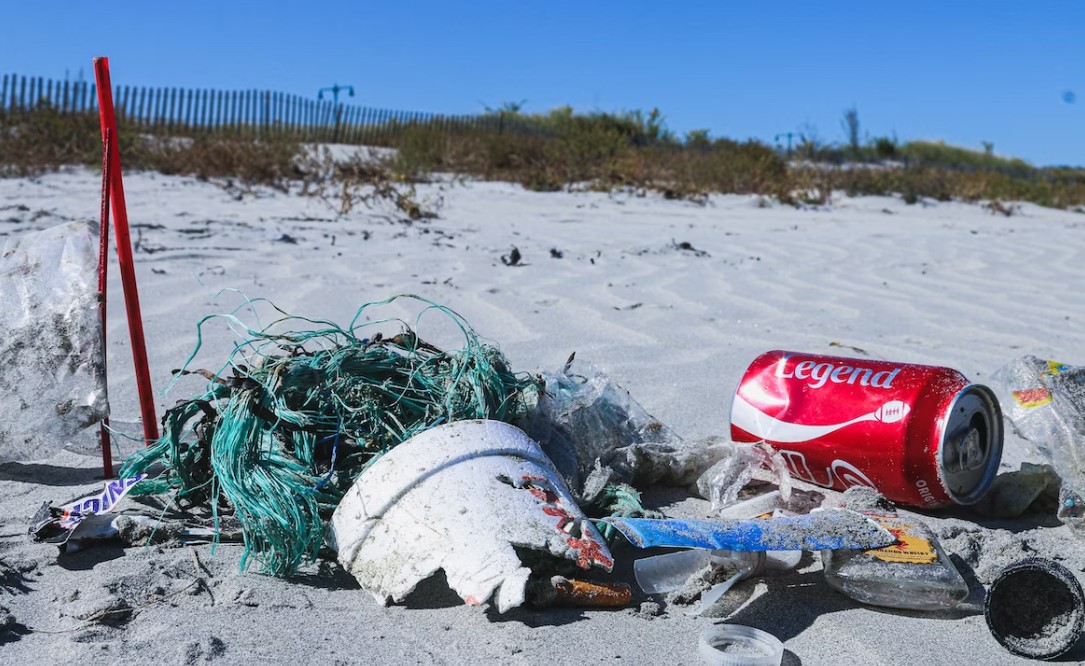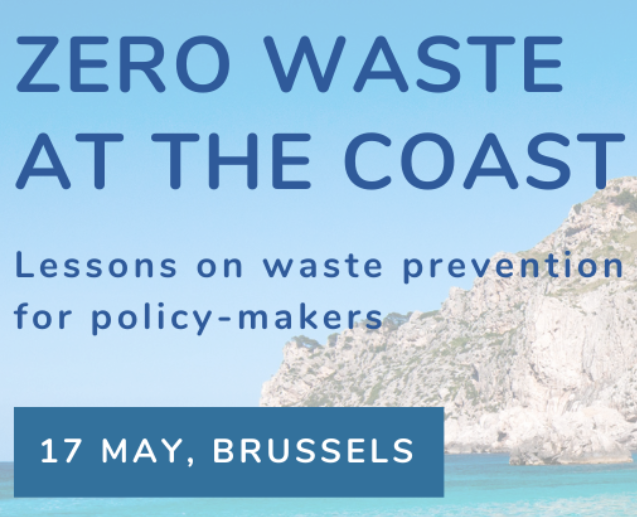On the 15th of October, the Croatian CAPonLITTER project partner Istrian Regional Energy Agency ltd. (IRENA) facilitated an international learning event on the use of economic instruments to prevent littering and redundant waste generation. Tobias Staufenberg from the Environmental and Climate Protection Unit of the municipality of Tübingen was invided by the project partner Umweltbundesamt (UBA) to present the outstanding example of the packaging tax in Tübingen, Germany.
As the first municipality within Germany, the city of Tübingen introduced a local tax on single-use packages in January 2020 as a response to increasing amounts of disposable packagings from food and drink vendors in public spaces. The municipality wants to create an incentive to use reusable packagings to protect ressources and to avoid high disposal costs. „We spend around 700,000 Euros annually for disposals of single-use packages and this has to stop: if you produce trash, you have to pay for it“, explains Staufenberg.
The law was to be in effect as of January 2021. However, due to the Covid-19 pandemic the municipal council postponed the beginning to January 2022. From then on, every single-use food and drink package in the 90,000 inhabitant town will be charged 0.50 Euros and cutlery will be taxed with 0.20 Euros per meal.
To support the transition towards reusable packages, the local administration started a support programm for local gastronomy businesses. In addition, the city wants to encourage consumers to bring their own boxes and make use of deposit systems, as the tax does not apply if the package is part of a national deposit system.
„The example of Tübingen is exemplary as it focusses on prevention of litter rather than dealing with waste or constrain to consumer responsibility“, says Catharina Rubel (Umweltbundesamt) as the German CAPonLITTER partner, who organizes an online workshop series (in German) in November 2020 on options for municipalities on how to avoid marine litter. During the workshops, municipalities and organisations can share their examples and knowledge on waste prevention before working on concrete examples. The workshops are free of charge. You can register via this link.
For more information and updates of the project contact Catharina Rubel ([email protected]) or follow the facebook and twitter of the project.
